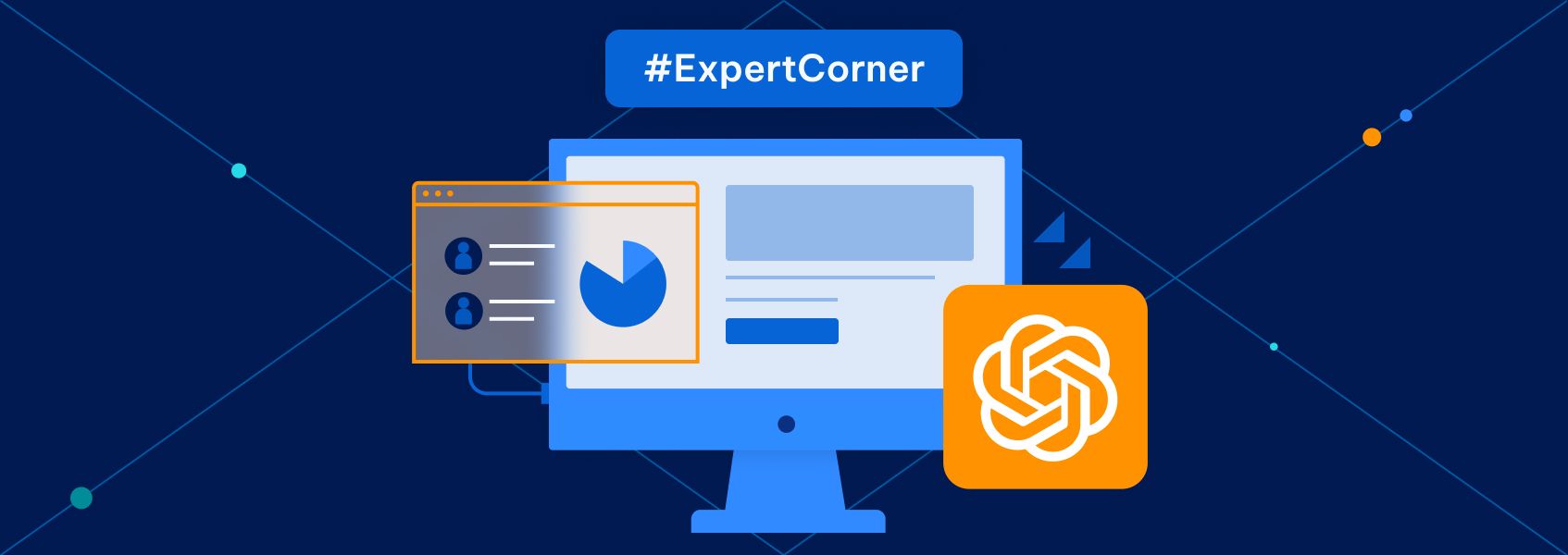Best Rank Tracker APIs in 2026: Top Picks and Features
Expert corner
Justas Palekas
Key Takeaways
-
A rank-tracking API automates SERP checks and delivers keyword data in structured JSON, saving time and increasing reliability.
-
Accuracy depends on local vs national data, device types, and how the API handles personalization.
-
Some of the best providers in 2025 include Serpstat, DataForSEO, SEOmonitor, and more.
Tracking your keywords manually is slow and tedious. Using browser-based tools for large-scale SERP checks can also become clunky. If you’re managing hundreds or thousands of keywords, you need something faster and smarter, like rank tracker API.
We’ll break down top rank tracking API choices for 2026, explain what they do, and help you pick the right one for your setup.
What is a Rank Tracker API?
A rank tracker API helps developers pull ranking data from a search engine automatically. Instead of checking results manually, the API fetches keyword positions in JSON format or other structured formats. A rank-tracking API provides endpoints you can call to get results for keywords, pages, or domains.
It provides you with search engine results data on where your content ranks in real-time. APIs beat manual checks because they scale easily, save time, and make ranking data reporting reliable and repeatable.
Who Needs Rank Tracking APIs and Why?
There are several types of users that benefit from rank tracking APIs, such-as:
- SEO agencies and freelancers. They want to monitor a handful of keywords across different markets and search engines.
- Digital marketing teams. These teams rely on keyword data from one or several search engines to track campaign performance successfully.
- Enterprise businesses. They need to automate rank checks for hundreds or thousands of landing pages or keywords. Otherwise, it would be too resource-intensive.
- Web developers and product owners. They use rank Tracker APIs to integrate live data into readable dashboards.
In all cases, rank tracker APIs shine with automation, reduce manual errors, and handle high volumes effectively. They outperform browser tools, especially when you need accurate, frequent updates from big search engine results.
What Makes a Rank Tracking Tool Accurate?
Accuracy in rank tracker APIs means that your tracked data reflects reality. That includes localized rankings (city or country), device-based results (mobile vs. desktop), and avoiding personalized results. To measure the rank tracker’s accuracy, consider these aspects:
- Does the rank tracker API support geo-targeting?
- Can it mimic different devices?
- Does the tool neutralize personalization?
- How often is the search engine results’ data refreshed?
Take these steps to verify the reliability of your rank tracker API:
- Double-check rank tracking API results against several manual search engine checks.
- Run a few test keywords using different locations, devices, and search engines.
- Compare rank-tracking API data against known benchmarks.
If your manual searches match the ones of the rank tracker API, you can assume that the information is accurate for now. However, don’t forget to schedule regular checks to make sure it keeps working as intended.
Key Features to Look For in a Rank Tracker API
Here are some essential features for any rank tracker API:
- Keyword volume and metrics. You’ll want access to search volume and keyword difficulty, at the very least, from your rank tracker API.
- Location targeting. A top rank tracking API lets you track keyword positions based on precise geolocations.
- Device support. Make sure your rank tracker API lets you track results separately for mobile, desktop, and tablet since Google doesn’t rank the same for every device.
- Supported search engines. A flexible rank tracker API should support multiple search engine platforms, not just Google.
- Output format. Rank tracker APIs should return data in a clean, standard format, like JSON, which makes it easy to feed into dashboards.
- API reliability. Look for rank tracker APIs that promise 99%+ uptime and let you send many requests per minute.
- Data freshness. Fresh ranking data gives you a competitive edge, so choose a rank tracker API that updates on your required frequency.
- Strong documentation. Look for providers with clear guides, code samples, and client libraries.
Always check if a rank tracker API provider offers a trial or a free tier. That way, you can run real queries, see how fast and accurate the data is, and figure out if the rank tracker API fits your needs before paying.
Comparison of the Best Rank Tracker APIs in 2025
| Provider | Search engines | Pricing model | Accuracy | Documentation |
|---|---|---|---|---|
| Serpstat | Google, Bing | Monthly, yearly subscriptions | 10K, 50K, or 500K position checks per month | Strong documentation |
| DataForSEO | Google, Bing, Yahoo | Price is based on usage | Real-time data retrieval | Strong documentation |
| SEOmonitor | Monthly, yearly plans | Every 24 hours | Strong documentation | |
| Semrush | Google, Bing, Baidu | Monthly, yearly plans | Every 24-48 hours | Strong documentation |
| HasData | Monthly plans | Real-time data retrieval | Medium documentation |
Related Tools for SERP Tracking
Using a rank tracker API often goes hand in hand with other tools, especially when scraping data, managing requests, or avoiding blocks from search engines. To make your tracking system more reliable and scalable, you might also need proxies and web scraping libraries .
Choosing a decent proxy provider is also essential, as that will determine how well your operations work and how much ground you can cover in a certain amount of time.
So, if you feel that pairing your rank tracker API with a proxy would benefit you by increasing efficiency, speed, and control, be sure to check out our services .
Conclusion
A rank tracker API is essential for businesses and marketers. This tool offers fast access to ranking data from multiple search engines, with the ability to scale, automate, and integrate with your other tools.
When selecting a rank tracker API, ensure you prioritize accuracy, refresh rate, device/location support, and thorough documentation.


